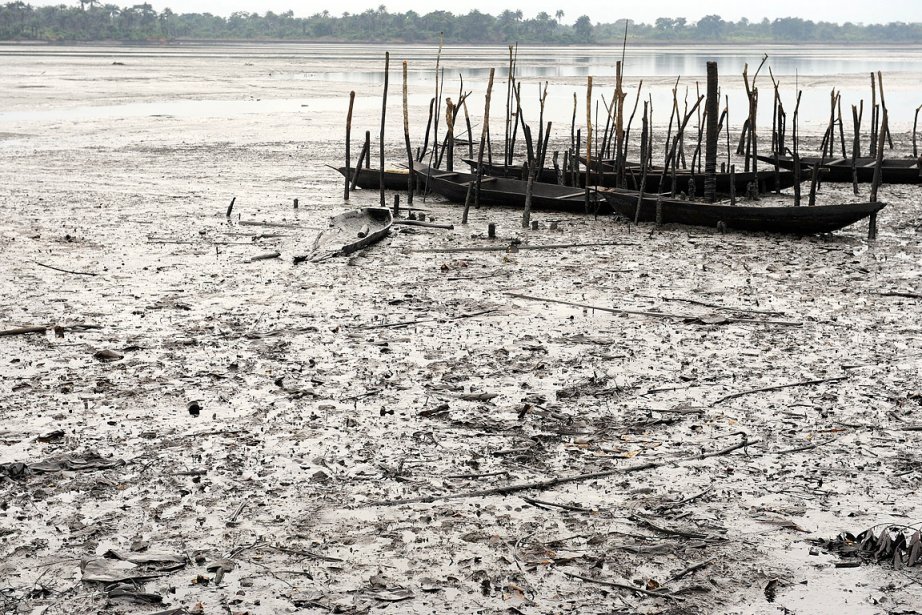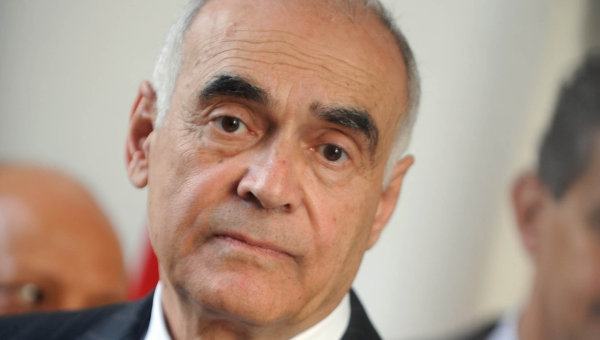
The Nigerian military arrested a 25 year-old man on Friday who goes by the name ‘General Cairo’ along with seven others in Yenagoa for their alleged involvement in the bombing of oil pipelines across the Niger Delta.
General Cairo, whose real name is Seiyefa Gbereke, is said to have confessed to the bombings of several pipelines and carrying out attacks along with a gang he led. The Nigerian Military’s Joint Task Forces (JTF), headquartered in Yenagoa, has been tracking ‘General Cairo’ for the past few years.
Last Thursday, military personnel found Gbereke and lured him from his hideout in Warri, according to the Nigerian newspaper, Vanguard.
He was arrested in Yenagoa, the capitol of Bayelsa State in theNiger Delta. General Cairo is an ex-militant commander who was granted amnesty in the Presidential Amnesty Programme for militants in the Niger Delta. The amnesty programme started on 25 June 2009 and gave the militants a 60 day period to surrender their weapons in return for money.
Nigeria loses between 100,000 and 180,000 barrels of oil per day because of the attacks on its pipelines and illegal siphoning of oil from the pipelines. Oil siphoning costs the country over $1bn a month. The Financial Times puts the amount of money lost last April at $1.2bn. Illegal siphoning has further stressed Nigeria’s already fragile economy.
The largest oil producer in Africa, Nigeria, suffers losses of billions of dollars a year because of attacks and siphoning. The practice of siphoning has been well-documented by the Nigerian press. Thieves generally puncture the oil pipelines using a hacksaw. If the pipeline is inoperable, attackers detonate explosives along the pipeline in order to install their own line to divert oil to areas under their control. Afterward, the oil is smuggled out the country and sold at below market rates to other countries.
Oil thieves are said to have connections within oil companies, who feed them information. There is also speculation about how serious Nigerian security is about catching the criminals. Nigerian press sources have suggested the arrested do not go far enough to find those who pay thieves and saboteurs to conduct attacks and siphoning raids.



